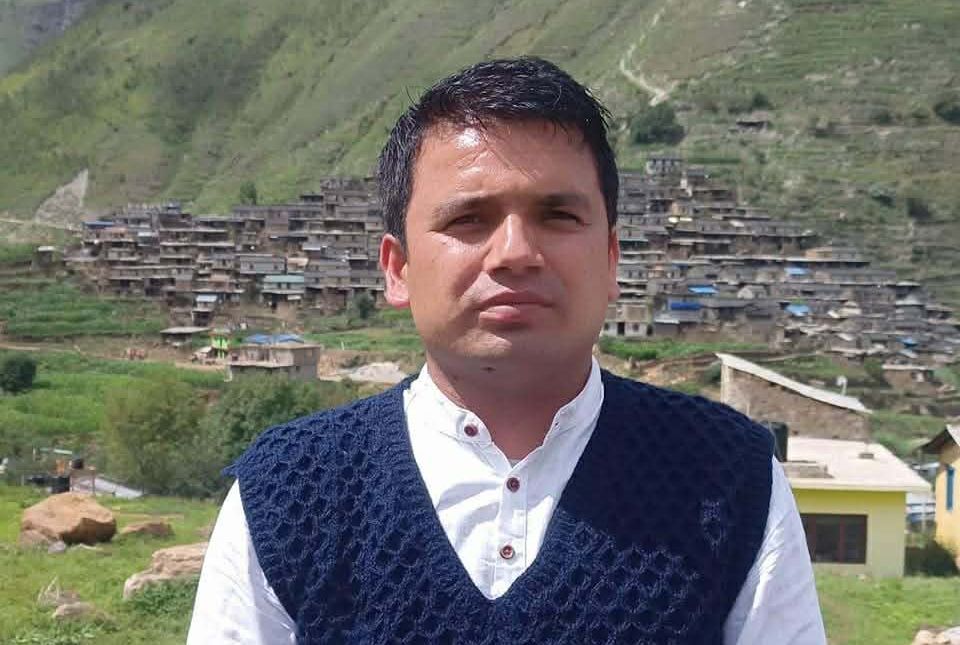
Internet service providers (ISPs) and Nepal Electricity Authority (NEA) are going through a conflict regarding the rent of utility poles for the past few months, and it has directly affected the smooth supply of internet services to consumers.
The authority has seized the wire of ISPs in Kathmandu, Biratnagar, Inaruwa, Kakarbhitta, Gauriganj, Pokhara, Dharan, Khotang, Surkhet, Kailali, Butwal, Tikapur, Attariya, Bhairahawa, Doti, Lalitpur, Dhankuta, and Duhabi, for not paying the pole rents. The authority has even snapped the wires of ISP data centres and operational points.
Yet, ISPs have not paid rent to the NEA. Instead, they have warned the NEA and the consumers that the internet service may be interrupted at any time as a protest. The irresponsible behaviour of both parties is affecting the consumers’ rights to basic and essential internet services.
Understanding the tussle

According to the regulations of the Nepal Telecommunications Authority, the telecommunications regulator of the country, internet services should not be interrupted, and in case of interruption, they should be fixed immediately. But, the ISPs are putting all their anger (caused by the dispute with the NEA) on customers, warning them to disrupt the connections.
The ISPs charge all the customers including government taxes, operation fees and a certain percentage of profit too. Moreover, they also add the charges to pay the NEA for using its electric poles in the service charge imposed on the internet service recipients.
Despite collecting the rent charge of poles from customers, the ISPs are not paying the pole rent to the NEA. This has compelled the NEA to snap the internet wires.
However, the NEA, which leases the infrastructures for telecommunication services, does not want to be monitored by the Telecommunications Authority because it wants to arbitrary rents in not so transparent way.
When internet services began in Nepal in 1994, the NEA gave ISPs permission to use its poles for free. Later, it began to collect rent.
With the increase in the number of internet users along with the service providers, the wires on the poles too increased. So did the income of the NEA.
Nonetheless, it does not contribute much to the annual revenue of the NEA, and the money is being spent on wire management.
Today, it is not possible for ISPs to provide internet service without using the NEA’s poles.
Failed efforts to solve the issue

The recent dispute started after the NEA increased the pole rent in August 2018. After the dispute, in November 2019, the Ministry of Information and Communications Technology and the Ministry of Energy, Water Resources and Irrigation formed a high-level committee to determine the rent of the poles.
The committee reviewed the rate applied by the NEA in August 2020 and fixed different rents. It was also arranged that the amounts would increase by five per cent every five years or from the rate of the annual inflation rate determined by Nepal Rastra Bank, whichever is higher.
The Internet Service Providers Association Nepal (ISPAN) did not agree to the decision because its representatives were not included in the team. Afterwards, ISPAN decided to pay the rent for the period beginning from August 21, 2020.
The NEA and ISPs are still in conflict about the rate of payment for the rent for the two years (August 2018-August 2020) when they had a dispute.
The NEA wants ISPs to pay it as per the rate fixed in 2018, but ISPs want to pay the rent according to the latest (2020) deal.
The next round
The dispute reached another level after the NEA began cutting off connections on October 2, 2021.
But, a meeting among the Ministry of Information and Communications, the Ministry of Energy, Water Resources and Irrigation and the ISPs decided to pay the pole rent of the disputed time by mutual understanding.
To clear the dispute, another committee was formed under the leadership of the then-joint secretary of the communications ministry, Binod Singh. The committee decided to revise the earlier rate before increasing the rent.
Accordingly, the NEA called the ISPs for a negotiation. But, the ISPs did not show interest. Also, they insisted the rates for 2018-2020 be the ones fixed in 2018, which the NEA did not agree with.
Since the rent has to be collected on the basis of self-declaration by the ISPs, the authority has not been able to ascertain how many poles’ rent is yet to be collected.
“After the NEA unfairly increased the pole rent by 700 per cent, the dispute was developed,” says Suvash Khadka, the CEO at ISPAN. “We request the customers and activists to raise their voices against NEA.”
Activists say that the NEA’s action to cut off the wire instead of sorting out the dispute is wrong.
Consumer rights activist and advocate Bishnu Timilsina says that the service cannot be interrupted for those things whose cost has already been paid by the customers.
This story was translated from the original Nepali version and edited for clarity and length.


























